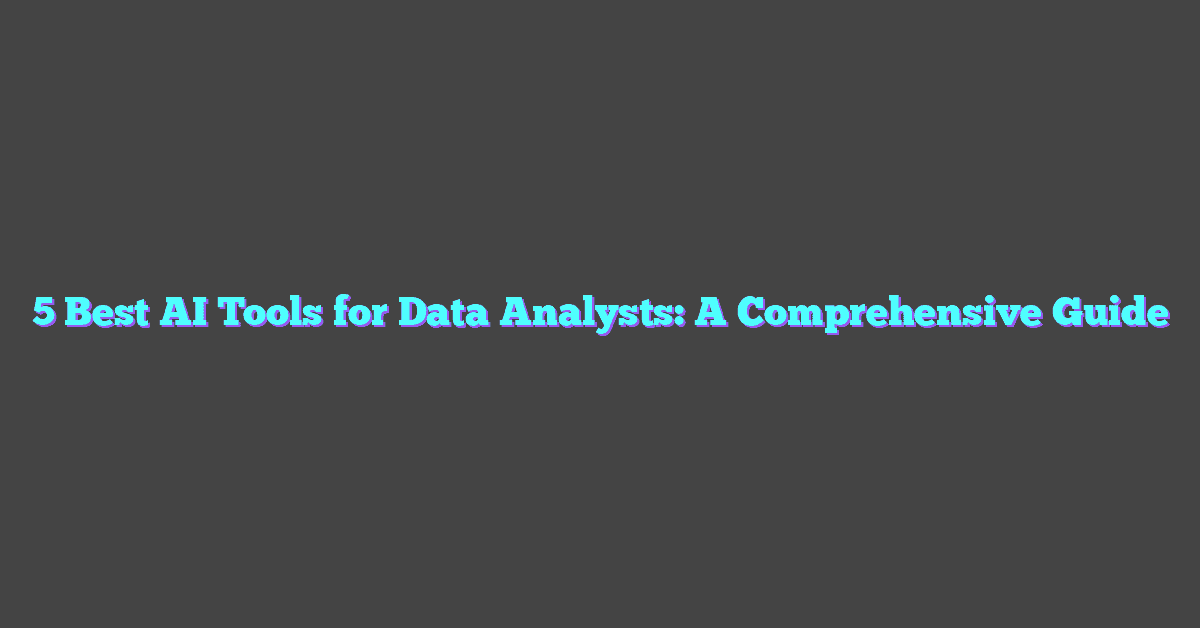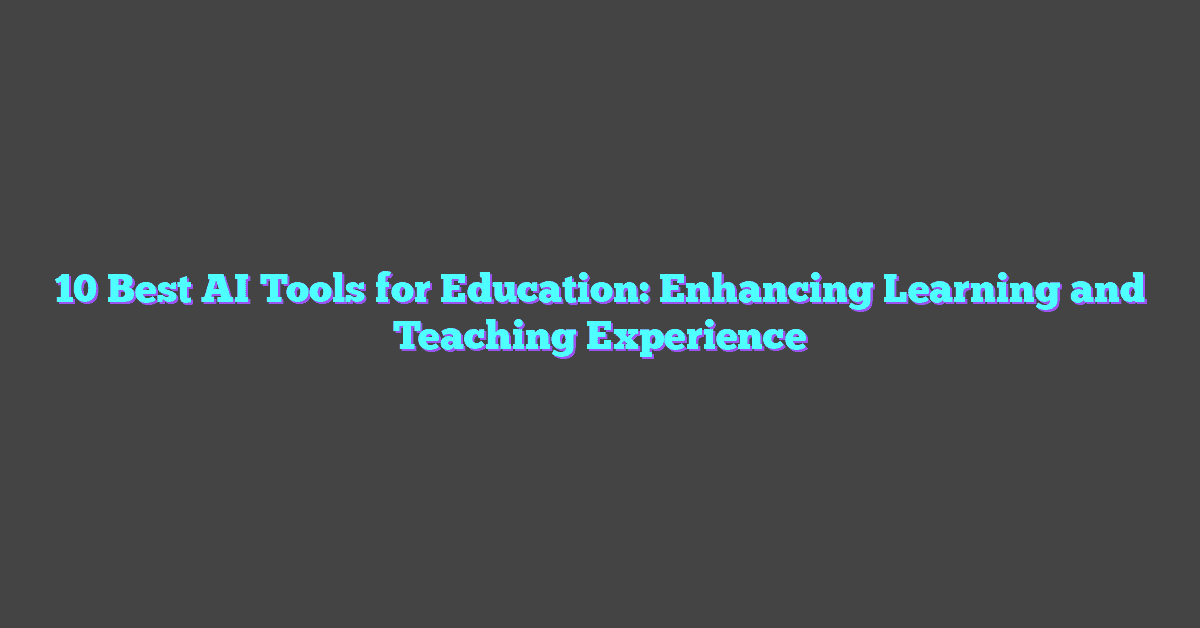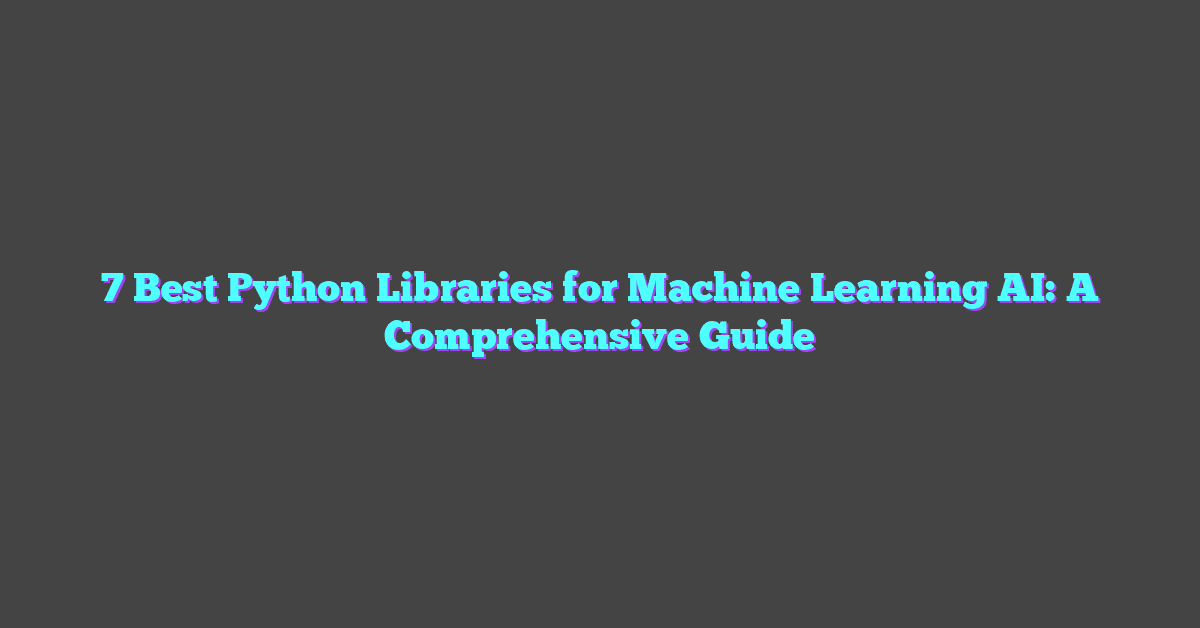Quantum AI promises to revolutionize technology, blending the mind-bending principles of quantum computing with the transformative potential of artificial intelligence. But with so much buzz around it, some wonder if it’s all just smoke and mirrors. Is Quantum AI a groundbreaking innovation or simply a high-tech hoax?
Many tech enthusiasts and professionals are eager to uncover the truth. They’re diving into the science behind these concepts, looking to separate fact from fiction. In this article, we’ll explore the claims, the possibilities, and the skepticism surrounding Quantum AI, aiming to provide a clearer picture of its reality.
Exploring the Concept of Quantum AI
Quantum AI combines the principles of quantum computing with artificial intelligence to create advanced computational models. This section delves into the details of Quantum AI and the technology that enables it.

What Is Quantum AI?
Quantum AI merges AI algorithms with the properties of quantum mechanics. Unlike traditional AI that relies on classical computing, Quantum AI uses qubits, which can represent multiple states simultaneously. By leveraging superposition and entanglement, Quantum AI can process vast amounts of data more efficiently. For instance, a quantum computer can solve complex optimization problems that classical computers struggle with.
The Technology Behind Quantum AI
Quantum AI relies on two key technological components: quantum computers and quantum algorithms. Quantum computers differ from classical ones by using quantum bits, or qubits, to perform operations. These qubits exploit quantum phenomena to process information at unprecedented speeds.
Quantum algorithms like Shor’s algorithm and Grover’s algorithm demonstrate significant speedups for specific tasks. Quantum machine learning (QML) involves adapting these and other quantum algorithms to improve machine learning models.
Popular platforms like IBM Quantum and Google Sycamore provide access to quantum processors for research and development. Researchers use these platforms to test and validate Quantum AI algorithms, pushing the boundaries of what’s possible in computing.
Quantum AI holds promise for industries like cryptography, drug discovery, and supply chain logistics. By solving problems that are computationally prohibitive for classical systems, Quantum AI can lead to groundbreaking innovations.
The Promises of Quantum AI
Quantum AI holds great potential in transforming compute-intensive tasks. This synergy between quantum computing and artificial intelligence aims to revolutionize data processing by leveraging quantum mechanics principles.
Enhancing Computational Speed
Quantum AI could radically enhance computational speed. By utilizing qubits, which can exist in multiple states simultaneously, Quantum AI can process vast amounts of data efficiently. Traditional CPUs process bits that represent either 0 or 1, but qubits can represent multiple values due to superposition. This allows quantum algorithms to operate concurrently on numerous potential solutions. For instance, Shor’s algorithm can factor large numbers exponentially faster than classical algorithms, which is crucial for cryptography. Grover’s algorithm offers a quadratic speedup for unstructured search problems, making data retrieval significantly quicker.
Potential Impact on Various Industries
The promises of Quantum AI span numerous industries:
- Cryptography: By breaking traditional encryption schemes, Quantum AI could drive the development of new cryptographic methods.
- Drug Discovery: Quantum simulations can model molecular interactions at unprecedented scales, accelerating the identification of new drugs.
- Financial Services: Quantum AI algorithms could optimize trading strategies and risk assessment models, offering insights impractical with classical computing.
- Logistics: Improved optimization algorithms can streamline supply chain management, reducing costs and increasing efficiency.
- Climate Modeling: Quantum AI can analyze vast climatic data sets, predicting weather patterns and modeling environmental changes more accurately.
These advances highlight the transformative potential of Quantum AI in solving complex problems that are currently infeasible with classical systems.
Debating the Validity: Is Quantum AI a Hoax?
The potential of Quantum AI has sparked debates among tech enthusiasts. Some argue it’s transformative, while others claim it might be exaggerated.
Arguments Supporting Quantum AI
Proponents highlight Quantum AI’s capability to revolutionize multiple sectors. Successful experiments by Google and IBM demonstrate quantum supremacy. For example, Google’s Sycamore processor performed a task in 200 seconds that would take a classical supercomputer 10,000 years. Such advancements indicate that Quantum AI could solve complex problems more efficiently than classical systems.
Researchers also point out the potential for real-world applications. In cryptography, Shor’s algorithm can theoretically break widely-used encryption methods, pushing for the development of quantum-resistant cryptographic techniques. In logistics, quantum algorithms can optimize routes and reduce operational costs. In pharmaceutical research, Quantum AI could significantly accelerate drug discovery by simulating molecular interactions more precisely.
Skepticism and Criticisms
Critics argue that the current state of Quantum AI is more hype than reality. They point out that most quantum computers are in early experimental stages and not yet practical for widespread use. The high error rates in quantum computations, due to decoherence and noise, present significant challenges. Rigetti Computing and other companies have faced hurdles in creating stable qubits.
Skeptics also express concerns about the scalability of quantum systems. Despite promising small-scale experiments, scaling up to handle large, complex problems remains a daunting task. Additionally, high costs and specialized infrastructure needed for quantum systems make them less accessible.
Some experts believe that the expectations surrounding Quantum AI are inflated. They argue that while it holds potential, real-world applications may still be decades away. These voices stress the importance of tempered optimism and prudent investment in research and development.
Case Studies and Current Applications
Quantum AI merges the realms of quantum computing and artificial intelligence, generating significant interest in its potential applications. This section delves into real-world implementations and notable experimental achievements.
Real-World Applications of Quantum AI
Quantum AI finds real-world application in various industries, leveraging its computational prowess.
- Cryptography: Quantum AI strengthens encryption techniques, enhancing data security. Quantum key distribution (QKD) is used to create secure communication channels immune to classical computational attacks.
- Drug Discovery: Pharmaceutical companies expedite drug discovery processes. Quantum AI accelerates molecule simulation and interaction prediction, reducing time and cost.
- Financial Services: Financial institutions use Quantum AI for risk analysis and portfolio optimization. Algorithms analyze large datasets faster, enabling better decision-making in volatile markets.
- Logistics: Quantum AI optimizes logistics and supply chain management. Companies like DHL and FedEx enhance route planning, reducing delivery times and operational costs.
- Climate Modeling: Climate scientists employ Quantum AI to improve climate models. Enhanced simulations provide better predictions, aiding in climate change mitigation efforts.
Experimental Achievements in Quantum AI
Pioneering experiments highlight the advancements in Quantum AI, showcasing its transformative potential.
- Quantum Supremacy: Google demonstrated quantum supremacy in 2019. Their quantum computer performed a specific calculation significantly faster than the best classical supercomputer.
- Quantum Machine Learning (QML): Researchers developed QML algorithms that outperform classical counterparts. An example includes the Quantum Support Vector Machine (QSVM) for pattern recognition tasks.
- IBM’s Quantum Computing: IBM’s quantum research unveiled a 65-qubit quantum processor. This achievement, part of their roadmap, aims to reach 1,000+ qubits, enhancing Quantum AI’s capabilities.
- Optimization Problems: Quantum AI solves complex optimization problems. Collaboration between Volkswagen and D-Wave used quantum algorithms to solve traffic flow optimization in Beijing.
The potential of Quantum AI in real-world applications and experimental achievements cannot be understated. While challenges exist, ongoing research and strategic investments are driving the field forward.
Conclusion
Quantum AI holds immense promise for transforming industries and solving complex problems. While it’s still in its infancy and faces skepticism, the progress made by tech giants like Google and IBM is undeniable. The blend of quantum computing and AI could redefine fields like cryptography, drug discovery, and logistics.
Although the technology is not fully mature, the demonstrated potential warrants cautious optimism. Continued research and strategic investments are essential to harness Quantum AI’s capabilities. It’s clear that Quantum AI isn’t a hoax but a burgeoning field with the power to revolutionize our world.
Frequently Asked Questions
What is Quantum AI?
Quantum AI combines quantum computing and artificial intelligence to dramatically enhance data processing capabilities, offering advantages in solving complex problems across various industries.
How does Quantum AI impact cryptography?
Quantum AI can potentially break traditional cryptographic codes, necessitating the development of quantum-resistant encryption methods to secure data against quantum-based attacks.
In which industries can Quantum AI make a significant impact?
Quantum AI can revolutionize industries such as cryptography, drug discovery, financial services, logistics, and climate modeling by providing unprecedented computation power.
What are the recent advancements in Quantum AI?
Recent advancements include Google’s demonstration of quantum supremacy and IBM’s progression in quantum computing, both showcasing the potential for powerful data processing solutions.
What is quantum supremacy?
Quantum supremacy refers to the point where quantum computers can solve problems that classical computers practically cannot, as demonstrated by Google’s experiment.
Why is there skepticism about quantum computers?
Skepticism exists because quantum computers are still in the early stages of development, with challenges in stability and scalability yet to be fully addressed.
What are some real-world applications of Quantum AI?
Quantum AI has practical uses in cryptography, optimizing logistics systems, and accelerating drug discovery processes by simulating complex molecular interactions.
How are companies collaborating on Quantum AI?
Companies are partnering to tackle optimization problems using Quantum AI, combining expertise and resources to drive advancements in quantum technology and its applications.
Should we be optimistic about Quantum AI?
While there is great potential, it’s essential to remain cautiously optimistic, focusing on strategic investment and continuous research to overcome existing challenges and harness the full power of Quantum AI.




